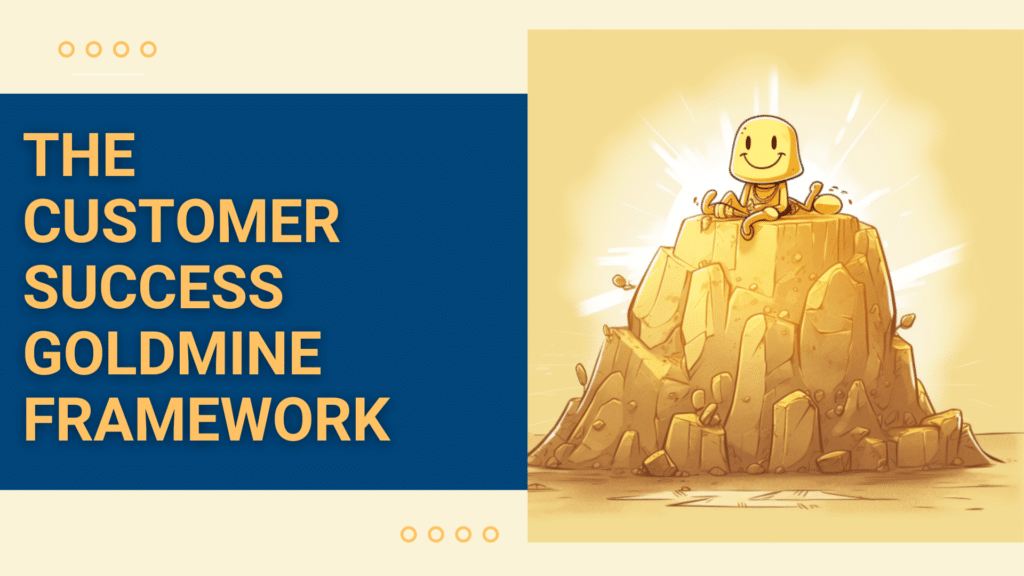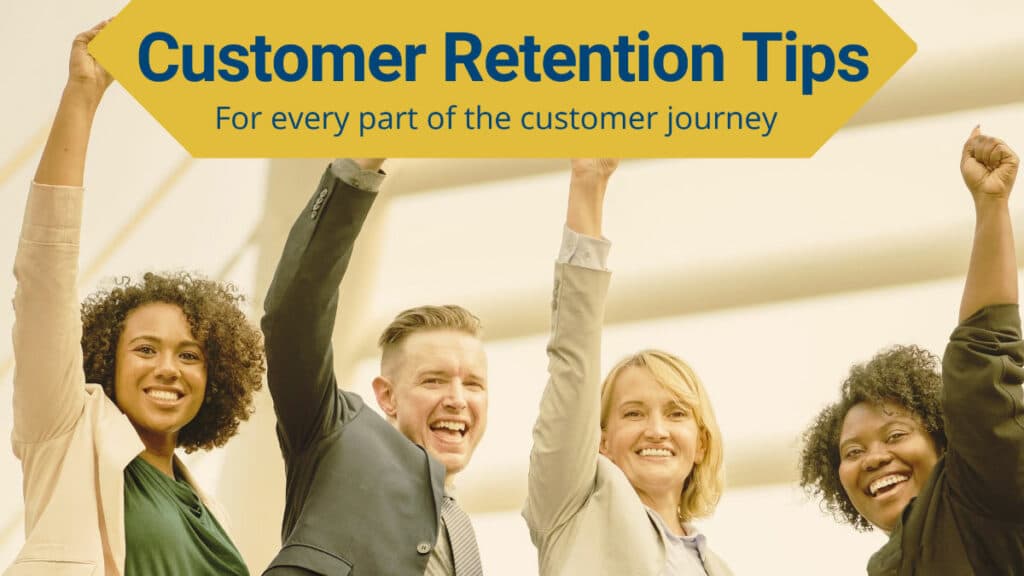
As a CSM you have unprecedented access to customers. More than anyone else in the company, you are able to develop long-lasting relationships with customers. And this ability translates into gathering deep knowledge about the challenges and the triumphs your customers experience.
But customers aren’t going to voluntarily share this information. Most of the customer information you’ll gather is by asking your customers a variety of questions. When you’re a new CSM, you’re still learning the ropes on which questions help unlock the information you’re seeking. On the other hand, seasoned CSMs know the best questions to ask to gain access to that information.
Before we get into the questions (don’t scroll ahead just yet!). Let’s look at why it’s so important for CSMs to ask powerful questions.
Why asking powerful questions is important to CSMs
Unlike almost any other role in the company, CSMs are able to develop long-term relationships with their customers. Just like any other relationship, you want to get to know your customers now. But you also want to continue the relationship over time by getting to know them at a deeper level.
This means the questions you ask at the beginning of the relationship are likely going to be different from the questions you’ll ask throughout the relationship.
Asking good questions means you’ll get insightful answers.
Asking poor or mediocre questions means the responses you get won’t give you the insights you need to effectively do your job. This means you may miss critical information. This means you may miss signs that your customer’s sentiment is changing.
When to use these questions to get the best responses
Just like good questions lead to good answers, asking certain questions at the right time can improve your chances of getting the right information that’s helpful for you.
When you down the list of the 45 questions below, you’ll see that some of them are quite personal. This is because you not only want to know what the company is looking to achieve but what each individual customer is looking to achieve. These personal questions are best used when you’ve had a few weeks or months of getting to know the customer. Asking these questions during onboarding is a bit too personal and may feel intrusive.
You may also want to ask some of these questions during Executive Business Reviews (EBRs) or Quarterly Business Reviews (QBRs). Some of them are ideal for asking several people at once. And these questions can be used to spark discussion in these meetings.
The point is to decide in advance which questions are best asked earlier in the relationship and which are best asked later. Similarly, you’ll want to choose questions to ask a group of customers and ones to ask each customer personally.
How these questions were chosen
A little while ago, I asked the 16,000 + Customer Success professionals in my LinkedIn network about the questions they like to ask customers to gain the valuable information they’re seeking.
Wow! My post ended up gathering over 100 unique customer questions that CSMs like to ask.
Because my company asks customer questions all the time – in the customer interviews, focus groups and surveys we do on behalf of our clients, I’d like to think I know a thing or two about asking strong questions. 😉 (I also worked for 14 years in a university research institute that ran interviews, focus groups and surveys. Our job was to create powerful questions that got the insights we were seeking.)
I took those 100+ questions from my LinkedIn post and distilled the list down to the 45 best customer questions below. My hope is that you’ll find a few key questions that you can start using immediately.
I encourage you to download the guide with these questions and periodically scan through them to see if there are new questions you can add to your current repertoire of questions.
Best of luck in using these questions.
I hope they bring you the insights you’re seeking so you can better serve your customers.
1. How are you measured on success?
2. How can I help you meet those success measures?
3. What is the one thing you must accomplish in the next 6-12 months?
4. What metrics do you get bonuses for that we can focus on?
5. What topic are you hoping I won’t bring up?
6. What would you like us to continue?
7. What would you like us to start?
8. What would you like us to stop doing or do less of?
9. How have things changed since we started working together?
10. What are 3 areas of focus for the next 3 months?
11. What are your personal goals?
12. How do you prefer I communicate with you?
13. Where are you now in your career?
14. Where do you want to get to?
15. If the renewal was today, how likely are you to renew?
16. What got harder since we last spoke?
17. What got easier since we last spoke?
18. How can we make it better?
19. How can we measure that?
20. If another supplier tried to entice you away, what might be most compelling in their offer?
21. How is this project being evaluated?
22. How are you being evaluated?
23. How can we help you look better internally at your company?
24. Would you like an introduction to other similar customers who are getting more value?
25. How does it feel doing business with us?
26. If things go off the rails, how will we know?
27. If things are fantastic, how will we know?
28. How do we measure against your best of class suppliers?
29. How likely are you to take us with you if you moved to a new company?
30. How can we make you a raving fan?
31. What do you wish you had more time to do?
32. What reports do you own?
33. What can we do to help you get the metrics you need?
34. What’s the most important thing you and I should be talking about?
35. How do you like to celebrate your successes?
36. What else should we be doing?
37. What would it take so you see me as your trusted advisor?
38. Are you willing to be a reference or speak on our behalf?
39. If we stopped working with you tomorrow, what would you miss the most?
40. Imagine that it’s 6 months from now and nothing has changed. What are the implications?
41. What is currently impacting you?
42. Who or what else is being impacted?
43. When you consider these impacts, how do you feel?
44. When you consider those possible outcomes, how do you feel?
45. What’s the ideal outcome?




